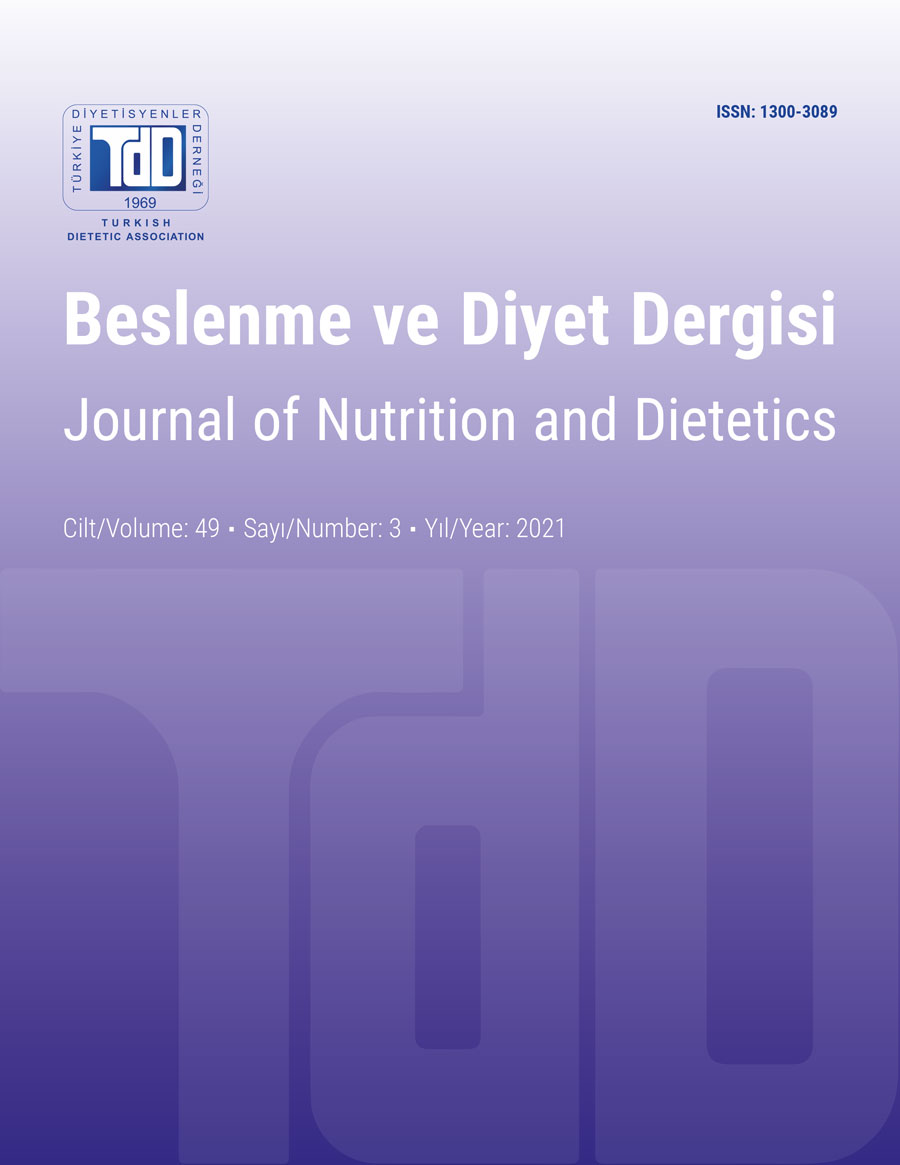Current Dietary Approaches in Patients with Multiple Sclerosis
DOI:
https://doi.org/10.33076/2021.BDD.1499Keywords:
Diet model, multiple sclerosis, Mediterranean diet, Swank diet, ketogenic dietAbstract
Multiple Sclerosis (MS); is a neuroinflammatory, demyelinated autoimmune central nervous system disease. MS-related disease process result in inflammation, membrane fat component which protects and surrounds nerve fibers, myelin destruction and/or damage. The question of whether nutrition habits and lifestyle affect the course of MS is still a matter of debate. Dietary factors and lifestyle can improve or aggravate MS symptoms by modulating the inflammatory state of the disease in both relapsing-remitting or primary progressive MS. This state occurs by controlling both metabolic and inflammatory pathways in human cell and the composition of commensal gut microbiata. It has been shown that low-calorie diets rich in vegetables, fruits, legumes, fish, prebiotics and probiotics and routine exercise have a positive effect on nuclear receptors and enzymes, regulate oxidative metabolism and proinflammatory molecules and contribute to the maintenance and restoration of healthy symbiotic intestinal microbiata. It has been reported that dietary interventions such as the Mediterranean diet model are beneficial in alleviating the possible side effects of immunomodulatory drugs and the symptoms of chronic fatigue syndrome, preventing recurrence of symptoms and progression of the disease. Changes in the diets of MS patients towards healthy nutrition both increase the quality of life and provide physical and mental recovery of patients. This review aims to evaluate the effect of different diet models on Multiple Sclerosis.

